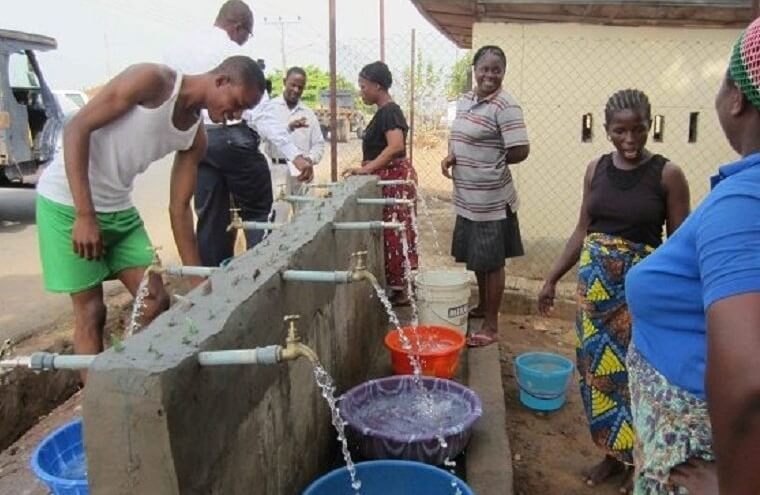
Residents of Enugu state will soon heave a sigh of relief following the determination of the state government towards ensuring improved access to potable water in every part of the state.
The state’s water resources commissioner, Chief Charles Egumgbe, stated this at an event to mark the 2017 World Water Day in Enugu recently. Chief Egumgbe described water as the second basic need of man, adding that shortage of potable could lead to famine and illnesses.
According to him, “The government is leaving no stone unturned to ensure water security in the state. Already water production has increased from 7,000 cubic metres in 2015 to 21,000 cubic metres in 2016 in Enugu metropolis. The production level has also increased at Nsukka.”
Advertisement
The managing director, Enugu State Water Corporation, Mr Dozie Eze, emphasized the need for conservation of available sources of fresh and potable water.
A representative of Water Aid Nigeria, which partners with the state ministry of water resources, while speaking on this year’s theme “Why Waste Water”, called on governments, corporate organizations and individuals to safeguard fresh water by treating waste waters for future use.
He said, “In other countries, sewage is known to be treated and re-used for industrial and agricultural applications. We can’t afford to be left behind in the quest for sustainable development, otherwise, we will pay a heavy price for that.’’
The managing director, Enugu State Rural Water Supply and Sanitation Agency, ENRUWASSA, Dr Frank Omeje, commended the state government and donor agencies for the improvement in water supply in the state, and appealed for the sustenance of the tempo.
Advertisement
The coordinator, Community Health Initiative, Mrs Janet Ngene, advised Enugu residents to treat waste water properly to prevent environmental pollution.
“So it is time for us to think of what we can do to make sure that the waste water is treated and probably used, and even if we are not re-using the water, it becomes safer for human environment.’’
Waste water treatment processes were demonstrated during the event, where it was noted that use of aluminum sulphate (alum) for water treatment should be discouraged as it could cause kidney failure.


